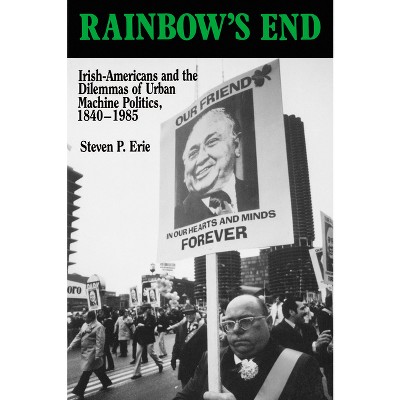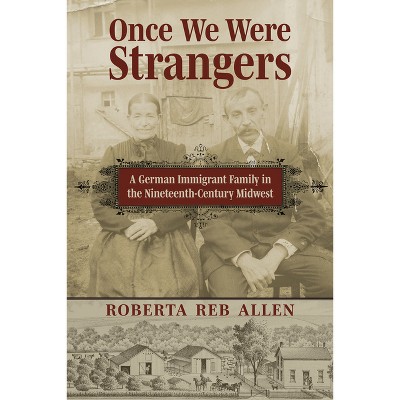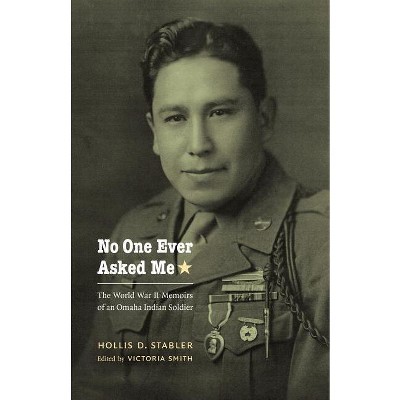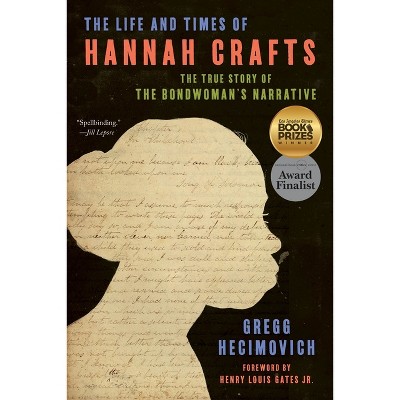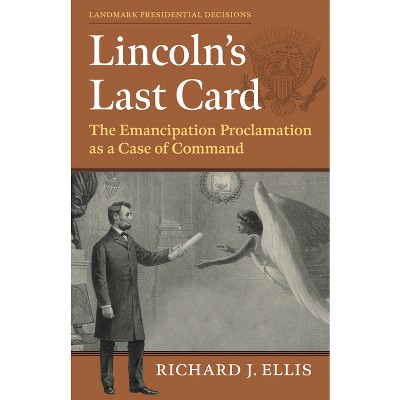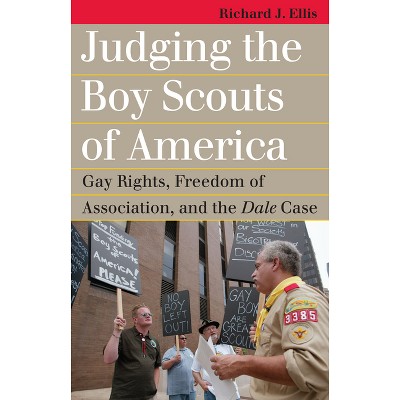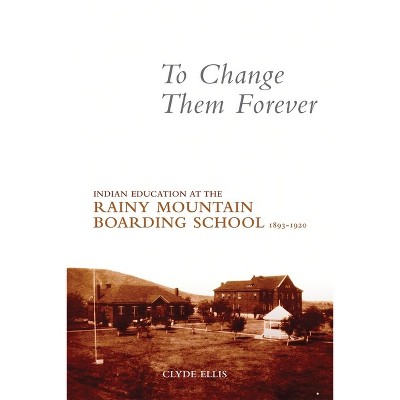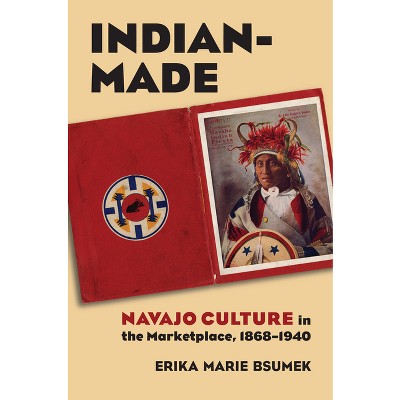Sponsored

A Dancing People - by Clyde Ellis (Paperback)
In Stock
Sponsored
About this item
Highlights
- Everywhere they are dancing.
- Author(s): Clyde Ellis
- 240 Pages
- Social Science, Ethnic Studies
Description
About the Book
The first comprehensive history of the integral role that powwow culture, with its dancing and singing and drumming, has played in many Southern Plains Indians' lives from the late nineteenth century to today.Book Synopsis
Everywhere they are dancing. From Oklahoma City's huge Red Earth celebration to fund-raising events at local high schools, powwows are a vital element of contemporary Indian life on the Southern Plains. Some see it as tradition, handed down through the generations. Others say it's been sullied by white participation and robbed of its spiritual significance. But, during the past half century, the powwow has become one of the most popular and visible expressions of the dynamic cultural forces at work in Indian country today. Clyde Ellis has written the first comprehensive history of Southern Plains powwow culture--an interdisciplinary, highly collaborative ethnography based on more than two decades of participation in powwows. In seeking to determine what "powwow people" mean by so designating themselves, he addresses how the powwow and its role in contemporary Indian identity have changed over time--along with its songs and dances--and how Indians for nearly a century have used dance to define themselves within their communities. A Dancing People shows that, whether understood as an intertribal or tribally specific event, dancing often satisfies needs and obligations that are not met in other ways--and that many Southern Plains Indians organize their lives around dancing and the continuity of culture that it represents. As one Kiowa elder explained, "When I go to [these dances], I'm right where those old people were. Singing those songs, dancing where they danced. And my children and grandchildren, they've learned these ways, too, because it's good, it's powerful." Ellis tells us not only why and how Southern Plains powwow culture originated, but also something about what it means. He explores powwow's cultural and historical roots, tracing suppression by government advocates of assimilation, Indian resistance movements, internal tribal disputes, and the emergence of powerful song and dance traditions. He also includes a series of conversations and interviews with powwow people in which they comment on why they go to dances and what the dances mean to them as Indian people. An insightful study of performance, ritual, and culture, A Dancing People also makes an important statement about the search for identity among Native Americans today.Review Quotes
"A significant study that emphasizes the vitality and joy powwows have brought to the Indian peoples of the southern Plains [and] an effective counterpoint to the assertions of those who still believe that Indians are about to be fully assimilated into mainstream American culture. . . . Ellis merits praise for his willingness to confront issues of definition, control, power, and knowledge. He does not try to hide disagreements about past problems and contemporary issues."--Journal of American History
"A rich and informative book. . . . For anyone who is interested in learning more about the forces that shaped, and continue to shape, contemporary powwow culture, this study is indispensable."--Montana The Magazine of Western History
"Ellis should be commended for his extensive archival work, encyclopedic knowledge of source materials, and deft inclusion of Native accounts. . . . Nothing currently available on Southern Plains powwow traditions is in its league."--Journal of American Ethnic History
"An excellent book. . . . Written in an engaging style, it will be not only informative for scholars but fascinating for anyone interested in Native American culture and history."--H-Net Reviews
"A valuable and well-documented ethnohistory of reservation era and post-allotment dance traditions and gatherings on the Southern Plains."--Morris W. Foster, author of Being Comanche: A Social History of an American Indian Community
"Ellis has a gift for telling a good story well and a complex story with great subtlety. But he also listens, filling his work with the voices of Indians explaining the nature of the powwow and the meanings of being Indian, past and present."--David Rich Lewis, author of Neither Wolf Nor Dog: American Indians, Environment, and Agrarian Change
"A landmark synthesis and defining moment in the modern era of Plains Indian studies."--Daniel J. Gelo, translator and editor of Comanche Vocabulary: Trilingual Edition
Shipping details
Return details
Frequently bought together


Trending Non-Fiction






